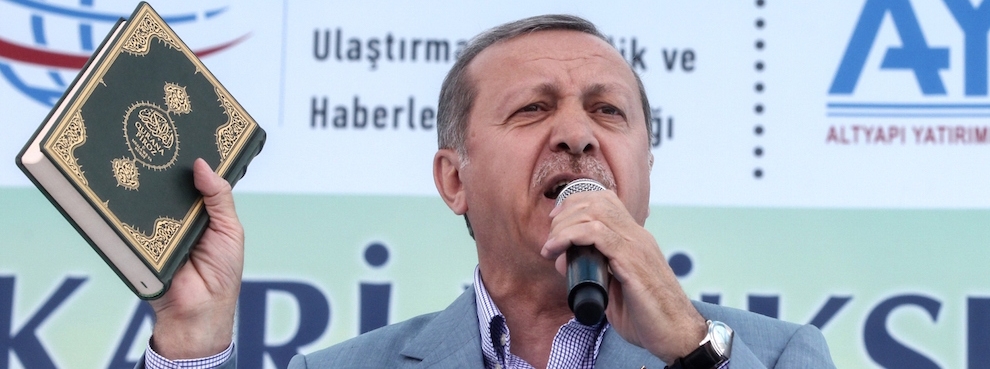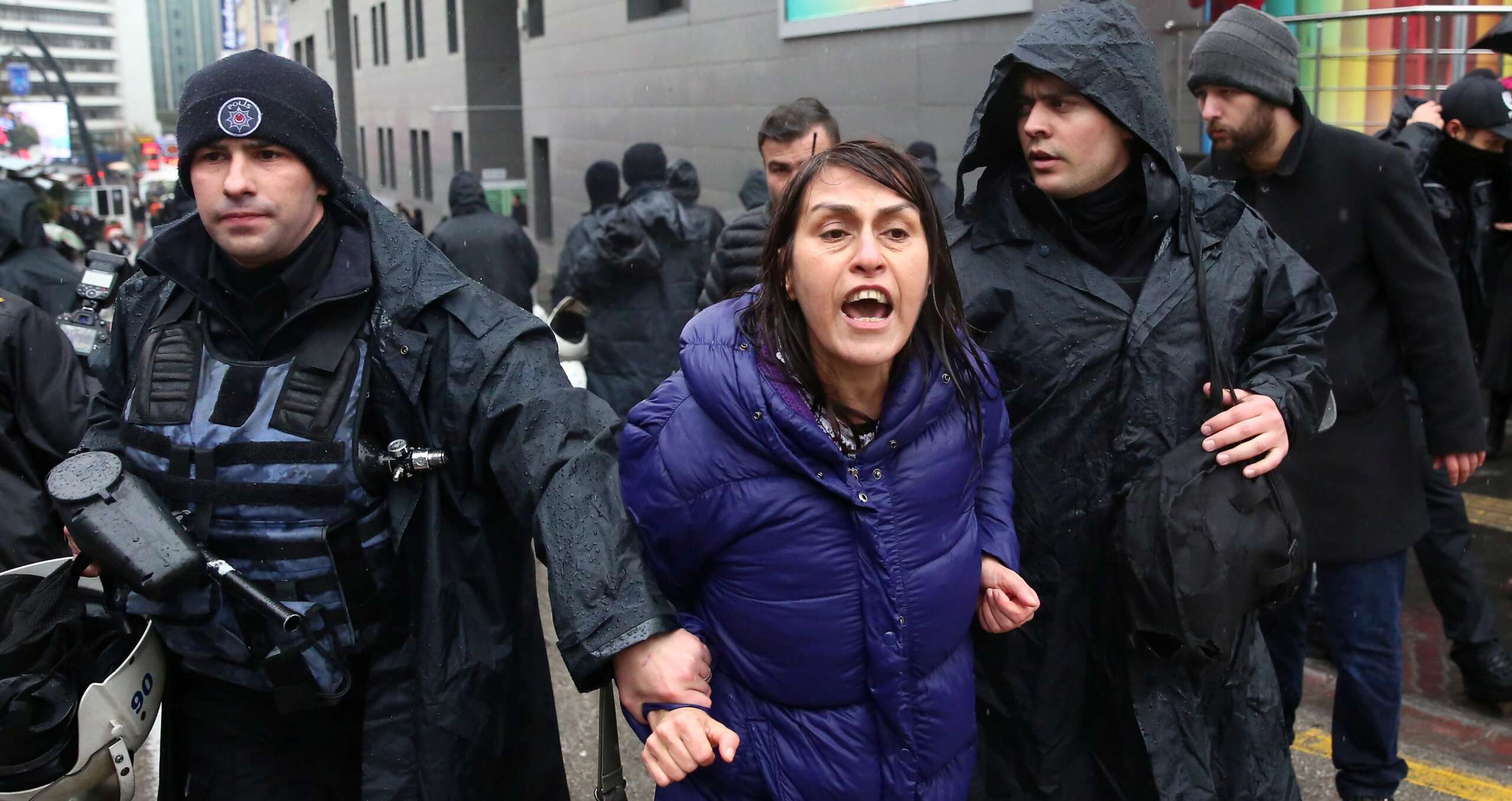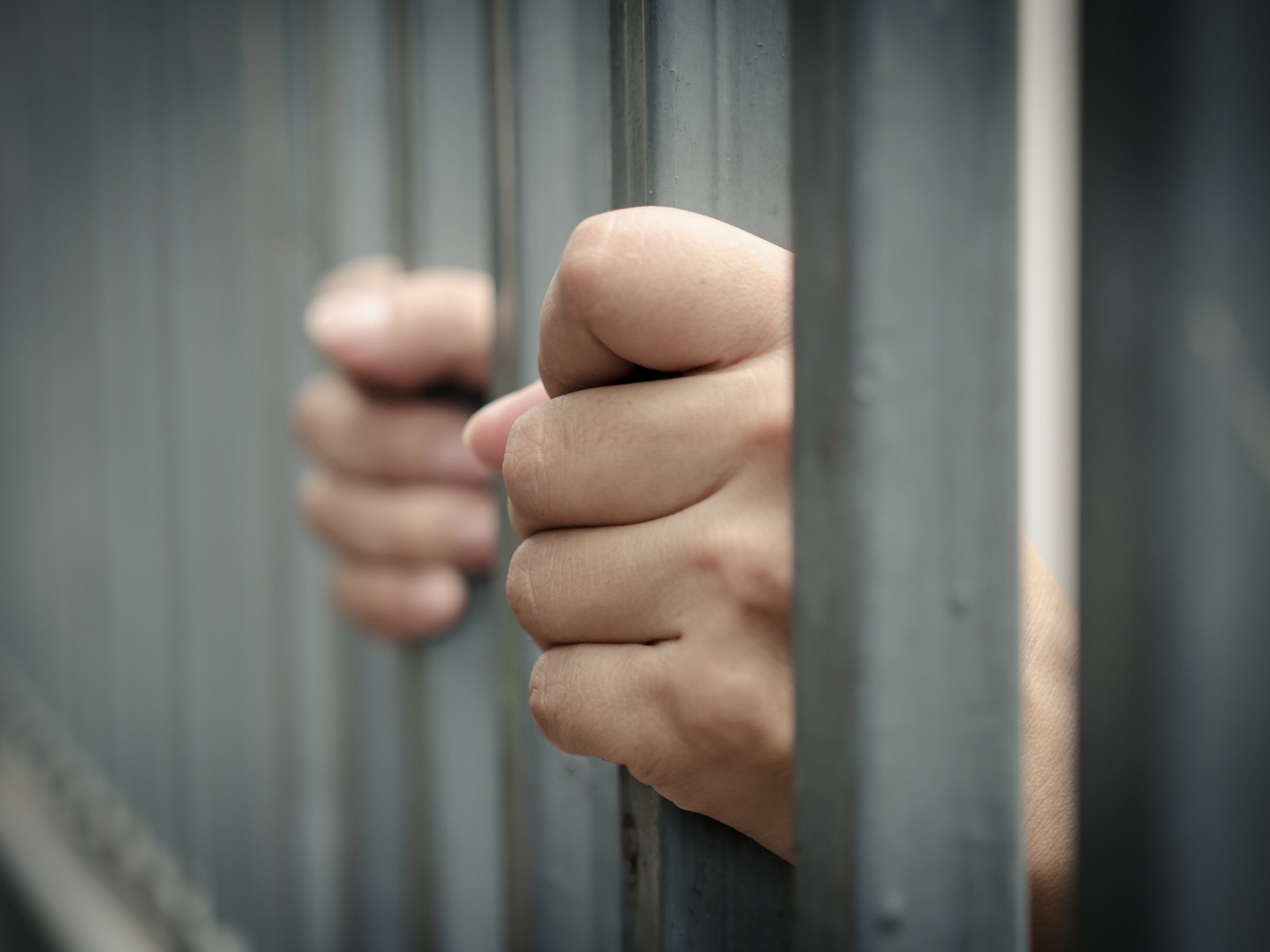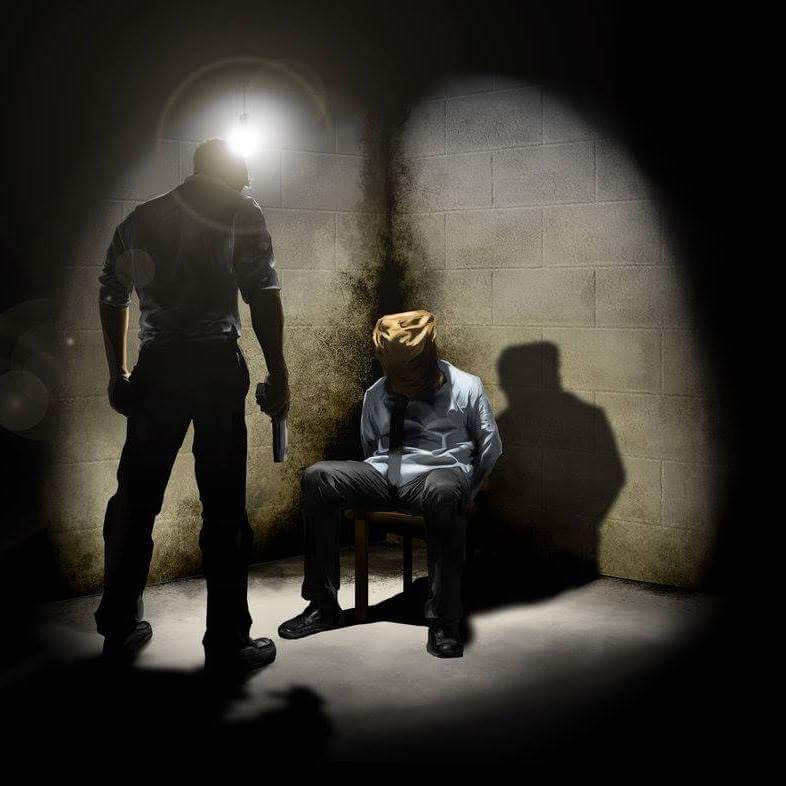By MAHMUT AKPINAR
Political Islam claims to defend Islam but it has a modernist approach, which came into being in an effort to imitate the –isms of the West. In their narrative they use Islamic concepts, and they state that their objective is the foundation of a “virtuous Muslim society” but their method is modernist and Western. It’s a recent phenomenon, which emerged during the last century. Their method does not agree with Islamic principles and practices. It tries to attain its Islamic objectives by taking control of the state and the government with the help of politics, using a competitive, conflictive method, polemics, and dialectic. It uses the top-down method and tries to seize the state, the government and power. Raising model human beings, spreading good and showing people the right path are not priorities of Political Islam. On the contrary, religious principles and Islamic values become tools for political objectives and party propaganda is mixed with Islamic concepts. They very often fetishize their leader and they see their leader as the “saviour of Islam”, “the only solution”, “the emir of Muslims”. In addition to those who see their leader as “the messiah” or “khalif”, you will find those who see their leader as “someone who has all the attributes of God” [1]. There will also be those followers who interpret not voting for the party and not supporting the leader as “acting against religion”, “a big sin”, “cooperation with Israel”, a “service to the freemasons”.
Political Islam was born in Egypt and the Indian sub-continent. It was put together by an enlightened group of people who were in search of solutions for the defeat of the Islamic World by the West. Cemalettin Afgani, Muhammed Abduh, and Fazlurrahman are among the enlightened Muslims who are seen as “Political Islamists”. In the Arab World, the FIS movement, in Algeria the El Nahda movement under the leadership of Gannushi, in Tunusia Hizb-ul Islami, in Pakistan the MNP-MSP-RP are all regarded as Political Islamist movements. The AK Party seems to be a “conservative democratic” party when we look at its first two terms, but after 2010 when the period of “Mastership” began, it can be defined as a Political Islamist movement. However much they have used traditional methods and acted in line with the movement of social Islam, the Ihvan-i Muslim movement and the like are regarded as Political Islamists due to the fact that they use religion to seize power, the state and the government and for their own political arguments.
The Political Islamist movements that started to gain followers in the 20th century are now widespread and effective in today’s Islamic world. In the last century, traditional approaches and spiritual schools (tasavvuf) were passive and Political Islamist parties and their leaders have come to the forefront as they have been regarded as having solutions to social problems. The vast majority of people in Muslim societies believe that social and political problems can be solved when Islamist governments take control of the state using methods in line with Political Islam, and they have been conditioned to believe that a devout Muslim leader will free them from problems in today’s society such as: immorality and corruption, problems with education, and social and family problems. This phenomenon which was popular in Muslim states and societies during the last century, has started to fall apart, to die out and it no longer provides people with hope. The tendency towards authoritarianism in the short Mursi rule backed by Ihvan in Egypt, the effort to ignore all other players and the Sisi coup that followed, paved the way for Political Islam to be seriously questioned. Since the Islamic revolution in Iran in 1979, Political Islam has been implemented by a group of aristocratic religious leaders with a powerful influence on the state. However, it can be said that in Iran where the state is under the control of the Islamists, Islam and its practices fall far behind those of secular Turkey. In the 38 years that the mullahs have held power in Iran, they have been unable to create a virtuous Muslim society. On the contrary, we have witnessed a generation that has turned to the West, and cut itself off from Islam and its practices, conforming only in appearance, but in reality caught up in a bohemian lifestyle.
The Political Islamist methods implemented to date and the governments that have used them have failed to bring advancement in social and economic fields and have failed to create either model Muslims, or a virtuous society. “Islamisation” has not been achieved. Initially identifying themselves as “conservative democrats” but then in their last term, returning to their Political Islamist path, the AK Party had some success in economic development and in democratisation and became the model for moderate Islam, but then that was all lost during their “MASTERSHIP” period. After the corruption investigation of December the 17th, the party turned to a style of politics that embraced intimidation and bullying. It adopted an alienating and divisive narrative, censoring the Internet, damaging the principle of separation of powers, intervening in the law and therefore becoming authoritarian. The July the 15th coup attempt evolved into a one-man regime where Erdogan began to seize control of everything under the guise of “a battle against the coup-plotters”.
We have witnessed overwhelming social erosion during the terms of the AK party, a party which has claimed to “revive and spread Islam” and to be “Islamist” has instead been the catalyst for a devastating period of social erosion. The AKP has not been able to Islamise society but has instead secularised the Muslims. Rather than creating a virtuous society, the use of alcohol and drugs has increased and more and more young children have started taking them during this period. Dishonesty, abuse, social injustice and crimes such as corruption, bribery, nepotism, prostitution, and manslaughter have rocketed[2]. In the 15-year period of AKP governments, a mass of people have moved away from their Islamic roots and values; capitalists have emerged and young people have swung towards an immoral and bohemian lifestyle. In this period, charity and useful contributions to society have come from traditional schools of Islam and tasavvuf schools. They are the ones who have continued to raise model human beings and produce individuals and families able to build a virtuous society. The government has now become too embroiled in issues of money and power and its role in the distribution of resources. Old Jihadists are the new property developers, and a new super-rich Muslim class has been created. Corruption investigations and shoe-boxes and safes have sprung up. All this indicates that the ideal of Political Islam has fallen by the wayside and rusted away.
My social circle includes people from all kinds of schools and movements of Islam. My deceased father who was a follower of Mahmut Efendi was a modest believer who had a beard and wore a turban. He took great care in performing his daily prayers in the mosque whilst attending congregation; he recited the whole Qur’an every month and he read a great deal of books even though he only learned how to read and write later on in his life. His biggest dream was to see the development of the country, the end of immorality, and a powerful and Islamic Turkey. Although he was a supporter of the Democrat Party, people convinced him that a powerful and Islamic Turkey would only be possible if Erbakan and the Welfare Party (RP) came into government. My father believed this in the same way as he believed in God, and so he called me during the 1995 elections and said, “Son, I won’t give you my blessing unless you vote for Erbakan.”
For people who believed that Political Islam was “the only and absolute solution” like my father, there was this perception that all problems would fade away; Islam would come in its perfect form and the era of Happiness (Asr-i Saadet) would almost be lived through again when a particular person or party came into power. For this reason, campaigning to collect votes for Erbakan (today collecting votes for the AKP) was perceived as standing up for Islam, a show of pious behaviour and a necessity, a jihad, a calling and a duty. Political Islamists present being a supporter and voting for a particular party not as a political or pragmatic, practical choice but as a religious one. This is why, they can never understand why a Muslim would vote for a left-wing party or leader. They will question whether people who vote for left-wing parties are real Muslims. (One should consider the impact of the implementations of the one-party rule period of the CHP.) Political Islamists have always accused certain groups in society of possibly or actually voting for left-wing parties. As part of their smear campaign to win votes and to make an impact on their own party’s grassroots, they present this as a “grave sin”. The rationale behind this approach is the social conditioning that says “a Muslim must vote for an Islamist party”. In this way, they not only tie Muslims to a party, but also make Islam the monopoly of particular political movements. They then accuse those who behave differently of committing a grave sin or of infidelity to Islam.
In fact, this behaviour is problematic and extremely perturbing for the Islamic faith. First of all, political parties are a product of the West and are only a hundred years old. To present these parties as irreplaceable institutions of Islam and the only way to show service to Islam is very dangerous. Of course, people who believe, and who practise their faith and identify themselves as Muslims can and do vote for other parties. To think otherwise is perturbing and wrong. If you say voting for this party is “Muslim behaviour” and supporting and voting for another party has “no place in Islam”, you make something which is not one of the pillars of the faith, a criteria which is contrary to the Islamic faith; and in this way, you end up dividing Muslims and ultimately damaging Islam. Those who vote for the CHP, the DSP or even the BDP can be Muslims. This is a political choice. It’s not a necessity or a requirement of one’s faith. Indeed, many practising, pious Muslims vote for the CHP-DSP and the BDP and this in no way whatsoever expels them from Islam.
Where does this understanding come from?
This understanding comes from a deductive approach. It comes from an understanding that does not see Islam and becoming Islamised as the act of calling people to Islam, spiritually elevating them, spreading good, raising a model human being; instead it sees it as the act of taking control of state institutions and firstly dominating the executive bodies and then the whole of the society.
This understanding has been prevalent in Turkey for a long time. During the February 28th post-modern coup, Islamic concepts such as “they will salute the headscarf!”, “Imam-Hatip school (vocational schools that graduates imams for mosques) graduates will enter War Academies, too” were used as a tool for political objectives. This attitude caused many, including but not limited to, Political Islamists a lot of trouble, and it caused all those believers who were likened to Political Islamists a lot of discomfort and anxiety. Erbakan took office in the 1990s but neither the state nor society improved. At the time, excuses were made such as, “It was a coalition government”, “It would have been different if he was in power with a majority”. And some said, “They did not give him any opportunity to do anything!”. Now, his students have been in power for fifteen years and as a majority government. There is almost no opposition to them. The civil service, the army and the judiciary are all completely under the authority and control of the AKP. The AKP is moving towards a one-party state where they hold total power. There is no institution left that is not under the authority of President Erdogan. All media opposition has been wiped out. However, in this period there is no Islamisation in society or any show of pious behaviour or improved moral conduct in the new generation. On the contrary, there is a boom in bohemian lifestyles. When it comes to the Muslim section of society, we can see degeneration, secularisation, fast-living, interest only in making money and womanising. Islamist families or the Muslim section of society complain about not being able to protect their children from picking up bad habits. State schools are poor in terms of the level of education and moral guidance they offer. Well-of, mainly Islamist families avoid sending their children to state schools. In recent years, Imam-hatip schools, charities, the Ministry of Religious Education, religious institutions have been put under the authority of the AKP and politicised. Religion and religious institutions have become victims of politics. Islamic principles, and the meanings of verses and hadiths of the Qu’ran are being twisted and are moving away from their roots for the sake of the politics of the current Islamist government.
It was thought that the same would happen in Egypt. The party based on the Muslim Brotherhood, under the leadership of Mursi, came into power with its main support coming from the liberals and other sections of the society. However, once in power, they leant towards becoming authoritarian and installing an “Islamic State” without taking into consideration the conditions of the country, the requirements of democracy, the needs of society and the need to create a balance. The Islamist AKP staff in Turkey encouraged Mursi and his friends to become authoritarian. The Muslim Brotherhood came into power but Egypt did not become Islamised. On the contrary, there was a coup and all that had been gained was lost. Society was divided. They were faced with deep despair and terrible clashes. Erbakan also claimed that “a just order” would come when he came to power and there was a very strong belief among the Islamist grassroots that this would happen, but it never did. Turkey did not escape from guardianship, and was instead caught up in an era of stronger military guardianship and outside influences.
During the AKP period, the military guardianship has lost its influence. However, when Erdogan and the Political Islamists in the government were trapped by the corruption investigation that extended to involve them, they totally forgot about their “Islamic, virtuous society” project. Instead of being cleared of the serious claims or being transparent, Erdogan resorted to suppression, blackmail and authoritarianism. Now, the Islamists in the AK Party are focused on keeping their positions, staying on their feet and not leaving behind the blessings that come with being a ruling party. They have created an imaginary “culprit” in order to extricate themselves from a situation in which they have been caught red-handed and they are frantically blaming everything adverse that happens on this imaginary “culprit”. Instead of Islamising, making steps towards advancing Muslims, introducing democratic regulations, the AKP is in cahoots with the Ergenekon group and the old guardians to finish off a Muslim section of society, the Hizmet movement, which for the last 90 years has been known for their service, charity, education, successful schools and exemplary youth.
To be able to keep his seat and stay on his feet, Erdogan sees no problem with any kind of unlawfulness, slander, persecution or authoritarianism. There has been a powerful AKP rule for the last 15 years. “The most pious” cabinets of the last few centuries have been in power. The country has a president who is a graduate of an Imam Hatip school, who recites the Qur’an very well, whose wife and daughters are covered, and whose son has a beard but Islamisation and Muslimisation have not happened! The virtuous society that consists of model Muslims has not been built. On the contrary, we are experiencing a flight from Muslimhood and a virtuous society on both an individual and societal scale. At this point, established values, goals, and morals are being sacrificed for the sake of ruling and staying in power. Values and principles have been transformed into shields to be used in the battle to stay in power and to avoid being investigated over corruption.
Political Islamists believed that being in power would Islamise society in a short period of time and would therefore solve all its problems. However, this did not happen in Turkey, nor in other parts of the world. The result of this century-long experiment and the implementation of it is becoming clearer; we are witnessing the fall and the failure of the Political Islamist understanding in Turkey and in the Islamic world.
Political Islam has been unable to create a virtuous society or generations of high-principled, honest and conscientious young people. Instead Muslims have been put through unimaginable suffering and have become the victims of tyrants. Meanwhile, Muslim politicians have been broken and corrupted and they have lost the respect and trust of the societies they live in.
- http://haber.rotahaber.com/ak-partili-vekil-allahin-vasiflarini-erdogana-yukledi_430226.html, 27.1.2014 ↑
- According to a comprehensive survey carried out among 32 thousand students in their 9th grade in 154 high schools in 39 towns, out of 100 students, 45 stated that they smoked, 32 drank alcohol, and 9 used drugs regularly. Students smoke more in vocational schools, and they drink alcohol more in Anatolian High Schools. http://www.ensonhaber.com/liselerde-uyusturucu-alkol-tuketimi-had-safhada-2013-11-03.html, 27.1.2014 ↑



